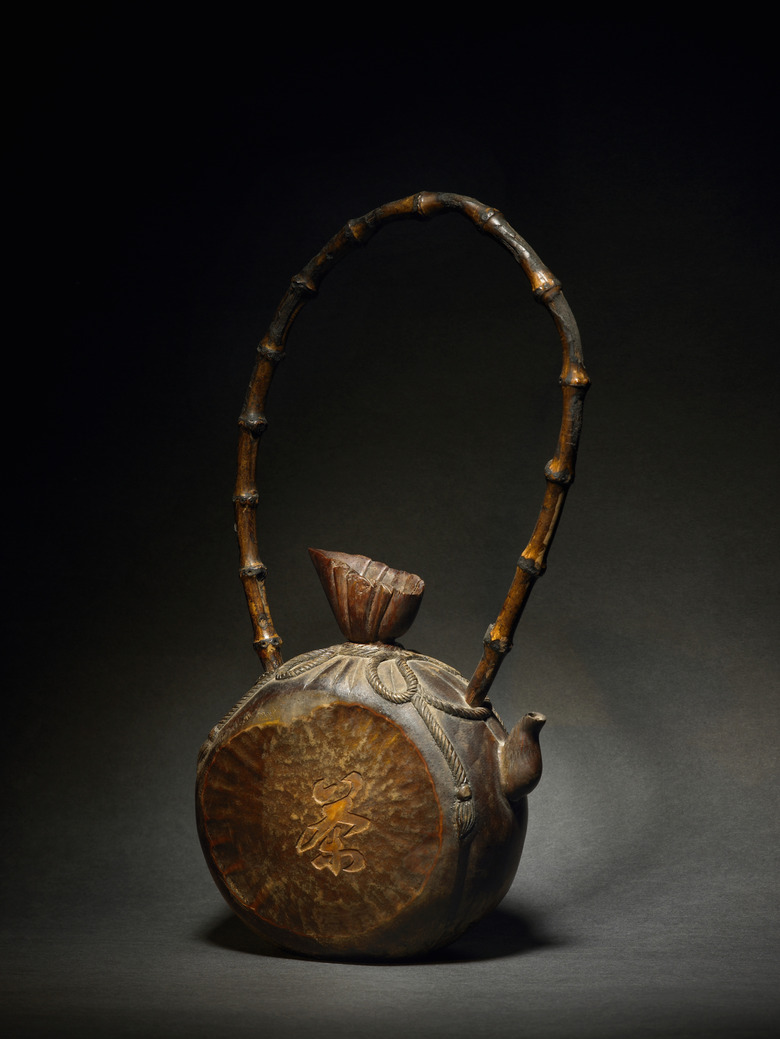The Safety Of Bronze Eating Utensils
Eating utensils like cookware, tableware and flatware are made from a variety of materials: wood, china, glass, horn, bone and various metals. Commonly used metals include stainless steel, cast iron, aluminum, copper, brass and bronze. All of these metals are safe for cooking and eating use, though copper, brass and bronze require careful use and are best avoided in certain situations.
Description
Description
Copper is a soft, malleable mineral element found in various parts of the world. Metallurgists combine pure copper with other elements to create alloys that are stronger than native copper. When copper is combined with zinc, the resulting alloy is called brass. When copper is combined with tin, the resulting alloy is called bronze. The words are sometimes used interchangeably, but the two alloys are very different. Bronze is harder and more resistant to corrosion.
Historic Uses
Historic Uses
Bronze was discovered in 3500 to 4500 B.C. and was originally an alloy of copper and arsenic, while the tin-and-copper combination took precedence about 1,000 years later. Because of its hardness, it began to replace stone in weaponry and, eventually, in cookware. The ancient Greek and Roman civilizations helped to spread the use of bronze across Europe, while China and India are well known for their bronzes, both decorative and culinary.
Precautions
Precautions
When using bronze utensils, make sure they are of modern manufacture. Older items may have some quantity of lead or arsenic combined with the copper and tin. These elements could leach from the metal into your food during cooking. Both lead and arsenic are cumulative poisons; that is, they can build up in your body over time and undermine your health before severe symptoms are obvious. Modern manufacturers of bronze cookware and flatware recommend that you avoid using these items with acidic foods. Avoid foods containing vinegar, tomatoes or citrus fruits. It is also recommended that you not store food in bronze containers for extended periods. Modern bronze utensils are often coated with tin; if your utensil has such a coating, inspect it regularly for damage and have the coating repaired as needed.
Care and Cleaning
Care and Cleaning
Bronze that is not lacquered will stain and corrode easily if it is left in contact with food or liquid. It is best to wash your bronze utensils immediately after use. Use a commercial cleaner specifically formulated for bronze, following the manufacturer's directions, or use a homemade paste consisting of 1 teaspoon salt dissolved in 1 cup white vinegar and mixed with enough flour to make a paste. Apply the paste to the bronze and and let it sit for 15 to 60 minutes, then rinse with clean, warm water and polish dry. Do not use harsh or abrasive cleaners on your bronze utensils, as such cleaners can damage both the bronze itself and any lacquer or tin protective coating that it may have.
